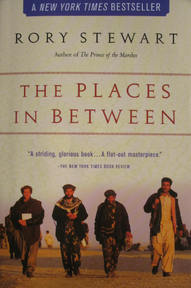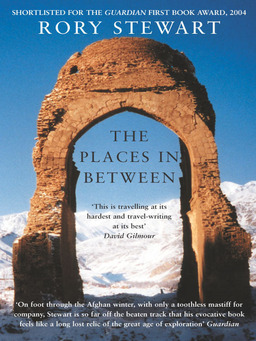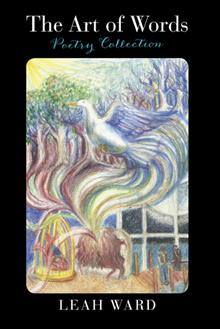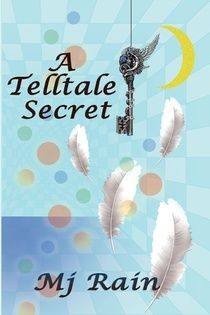
“… Afghanistan was the missing section of my walk, the place in between the deserts and the Himalayas, between Persian, Hellenic, and Hindu culture, between Islam and Buddhism, between mystical and militant Islam. I wanted to see where these cultures merged into one another or touched the global world,”
Rory Stewart, an MP, historian and intrepid Scot, walked across Afghanistan during the winter of 2002. His travel book The Places In Between is an account of his journey.

Following the warning, Stewart is persuaded / forced to accept two members of the security service as guides for the first leg of the journey to Chaghcharan, and shortly into the walk he acquires another companion. They are all Afghans and their ways are initially both intimidating and irritating to him - one of them buys a new pair of red leather shoes early on and proceeds to develop crippling blisters; another brags of the men he has killed. Nonetheless they make progress and soon they are passing over a gravel desert towards distant mountains.
As Stewart’s journey progresses one of the most surprising things for the reader, particularly one unversed in the teachings of Islam, is that he is going from settlement to settlement staying with local people who are complete strangers. Imagine turning up in the suburbs of Reading, sweaty from a day’s walk, and expecting someone to offer you some of their dinner and a bed. You’d get funny looks and directions to the nearest Travel Lodge at best. But one of the most important rules in Islam is to be a generous host, particularly to travellers, so Stewart rarely encounters resistance from the villagers he descends upon. That said, some of them have little food to spare and a suspicion of foreigners, so are less than friendly. Others display a touching amount of generosity, despite their own poverty.
The novel contains many other lessons about the cultural and religious habits of the multiple tribes that our narrator encounters. The Hazara people, a Persian speaking group from the poor region of Hazarajat are particularly interesting, with their more relaxed attitude to women, and their reputation amongst other Afghans for being very bad hosts.
Another fascinating aspect of the narrative is the historical grounding given us by Stewart, as his journey is a retreading of one taken by a conqueror from central Asia who became the first Mughal emperor, a man called Babur. Stewart frequently includes quotes from his account of the route, giving us an understanding of Afghanistan’s history, as well as its modern day qualities.
This Babur is not the only one in the narrative, as around the middle of his journey Stewart acquires a dog, who he names after the long-dead descendent of Genghis Khan. It is Babur the canine and the relationship between man and beast that comprises possibly the most compelling arc of the story - soppy dog-lovers beware, there will be tears!
However Stewart’s simple prose and sparse descriptions make sure the story is never rendered sentimental, despite its emotional clout. It is a testament to his skill as a writer that we tread every step of the way with him, feeling his pain, curiosity and awe throughout. Stewart admits near the end of the book that he feels privileged to have been allowed to share experiences with the proud Afghans he has met - the reader too will be left feeling privileged to have shared in Stewart’s.





 RSS Feed
RSS Feed
